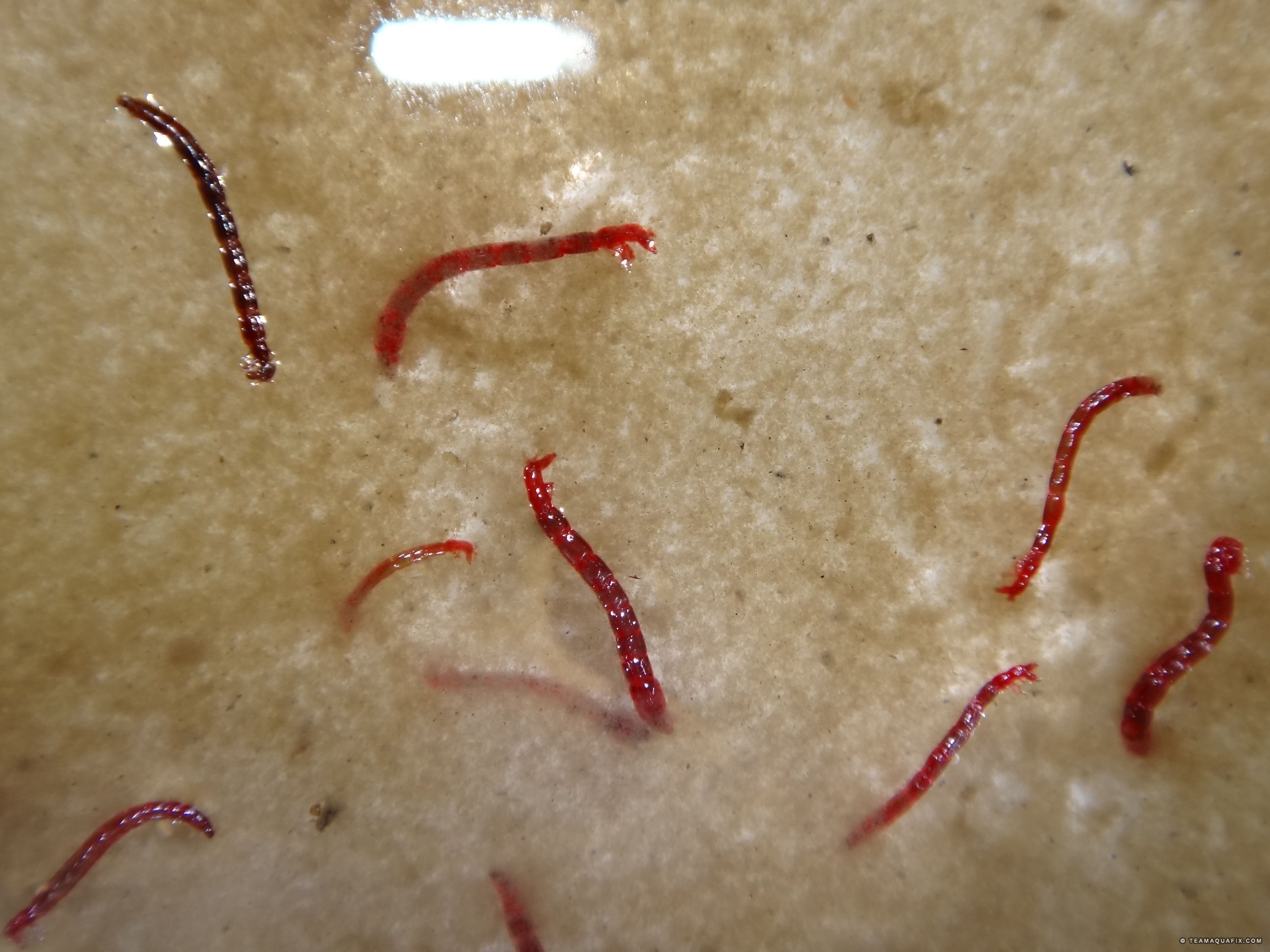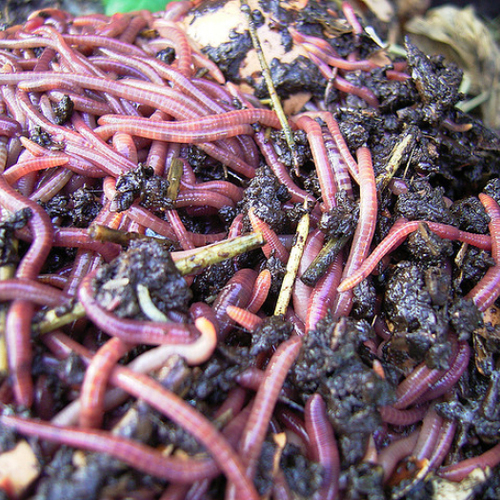Healthy red wigglers: Steps to start composting
Wiki Article
Rise Soil Wellness Normally With Red Wigglers
The combination of red wigglers into dirt management techniques provides an engaging method for improving dirt health naturally. These earthworms not only change organic waste right into useful vermicompost, yet their all-natural actions additionally advertise improved dirt structure, oygenation, and nutrition schedule. Comprehending the complexities of setting up and maintaining a successful vermicomposting system is crucial to completely utilize their benefits. Exploring the vital actions and prospective difficulties involved can substantially influence the efficiency of this lasting technique. What key aspects should be taken into consideration to take full advantage of the advantages of these remarkable decomposers?Advantages of Red Wigglers

Furthermore, red wigglers boost dirt structure by producing channels as they tunnel via the planet. This task improves aeration and water drainage, assisting in root growth and making certain that plants get appropriate oxygen and wetness. Additionally, the castings generated by red wigglers are high in nutrients such as nitrogen, phosphorus, and potassium, which are essential for plant growth.
Red wigglers likewise aid in the reduction of hazardous microorganisms and insects by outcompeting them for resources, further adding to a healthier dirt environment. Their visibility can bring about a decrease in the demand for synthetic plant foods and pesticides, promoting lasting agricultural methods. In general, incorporating red wigglers right into soil administration techniques provides an all-natural and reliable ways of enhancing soil vigor, consequently supporting robust plant development and agricultural performance.
Establishing Up Vermicomposting
Developing a vermicomposting system is a sensible means to harness the amazing advantages of red wigglers in improving soil wellness. red wigglers. To start, select a suitable container-- preferably, a plastic or wooden bin with a cover to preserve dampness and temperature level. The container should have water drainage holes to stop excess water accumulationNext, prepare bedding material, which works as an environment for the worms. Appropriate materials include shredded newspaper, cardboard, or coconut coir. Purpose for a depth of 4-6 inches to give appropriate area for the worms.
As soon as the bedding remains in place, introduce the red wigglers, commonly at a ratio of one extra pound of worms for every square foot of surface in the container. Following this, include kitchen area scraps such as vegetables and fruit peels, coffee grounds, and smashed eggshells. Avoid meat, dairy, and oily foods, as these can draw in pests.
(red worms for composting)
Taking Care Of Your Worms
Keeping the wellness of your red wigglers is essential for a growing vermicomposting system. Correct care makes sure that these advantageous microorganisms can efficiently break down natural matter and enhance your dirt.Feeding your worms is one more vital aspect of their care. Red wigglers prosper on kitchen scraps such as vegetables and fruit peels, coffee premises, and smashed eggshells. Avoid feeding them citrus fruits, onions, and milk items, as these can produce an unwelcoming atmosphere. Monitor the amount of food you give to avoid overfeeding, which can result in smell problems and draw in parasites.
Temperature level management is essential; worms choose an array of 55 to 77 degrees Fahrenheit. By following these guidelines, you will foster a healthy and balanced ecosystem for your red wigglers.
Using Worm Spreadings in Soil
Worm spreadings, typically referred to as "black gold," are an effective amendment that can significantly improve dirt health and fertility. red wigglers. These nutrient-rich, organic plant foods are created by red wigglers throughout their digestion process, resulting in a finely distinctive product that is helpful for plants and soil alikeIntegrating worm spreadings right into your soil enhances its framework, improving oygenation and water retention. This is especially advantageous for sandy dirts that drain also promptly, in addition to hefty clay dirts that can come to be compacted. In addition, worm castings are teeming with essential nutrients, consisting of nitrogen, phosphorus, and potassium, which are vital for plant growth.

Eventually, making use of worm castings cultivates a thriving ecosystem within the dirt, leading to much healthier plants and even more lasting horticulture practices.
Tips for Effective Composting
official statement Successful composting needs mindful attention to a few essential concepts that can substantially improve the top quality of the end product. First, balance is crucial; maintain a proper ratio of environment-friendly products (nitrogen-rich) to brown products (carbon-rich), preferably around 1:3. This equilibrium facilitates efficient disintegration and decreases odors.2nd, aeration plays a crucial duty. Routinely turning the garden compost stack improves oxygen circulation, which speeds up microbial task and accelerate the composting process. Objective for a pile size of at the very least three feet by 3 feet to maintain warm, which additionally advertises decay.
(red wiggler compost bin) Wetness web content is another important aspect; the compost ought to perspire yet not soaked. A great general rule is to attain a moisture level comparable to that of a wrung-out sponge. Way too much water can result in anaerobic conditions, while inadequate can reduce down decomposition.
Last but not least, keep an eye on the temperature level of the compost. A temperature series of 130 ° F to 160 ° F indicates energetic composting and helps kill microorganisms and weed seeds. By adhering to these principles, you will certainly produce a nutrient-rich compost that supports soil health and improves plant growth.
Conclusion
Incorporating red wigglers into horticulture techniques boosts soil health through natural processes. These worms add to the break down of natural materials, leading to nutrient-rich vermicompost that enhances soil structure and fertility. Their delving actions promote oygenation and water drainage while suppressing unsafe virus and insects. By developing and keeping a vermicomposting system, garden enthusiasts can cultivate a sustainable community that supports robust plant growth and long-term dirt durability, eventually benefiting farming productivity and environmental health.Report this wiki page